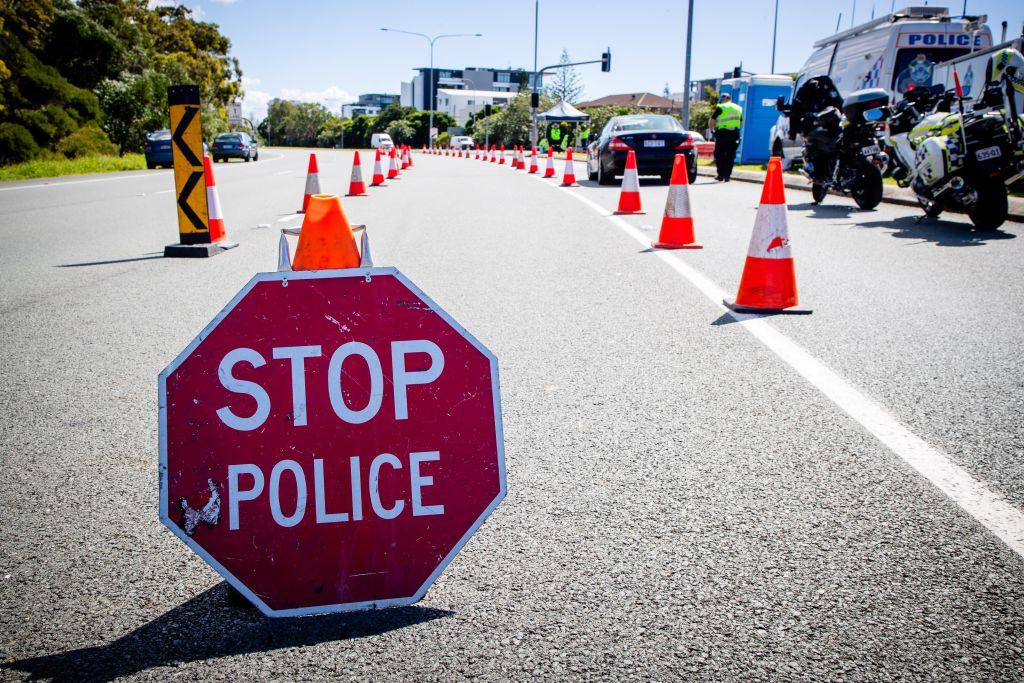Hopes of ending weeks of heartache for communities on the Queensland-NSW border have been dashed once more, with the states’ leaders again strongly disagreeing over a proposal to move the hard border checkpoints south.
Queensland in late July reintroduced a hard border with its southern neighbours in response to the spiralling outbreak of COVID-19 in NSW, progressively tightening exemptions for cross border travel.





